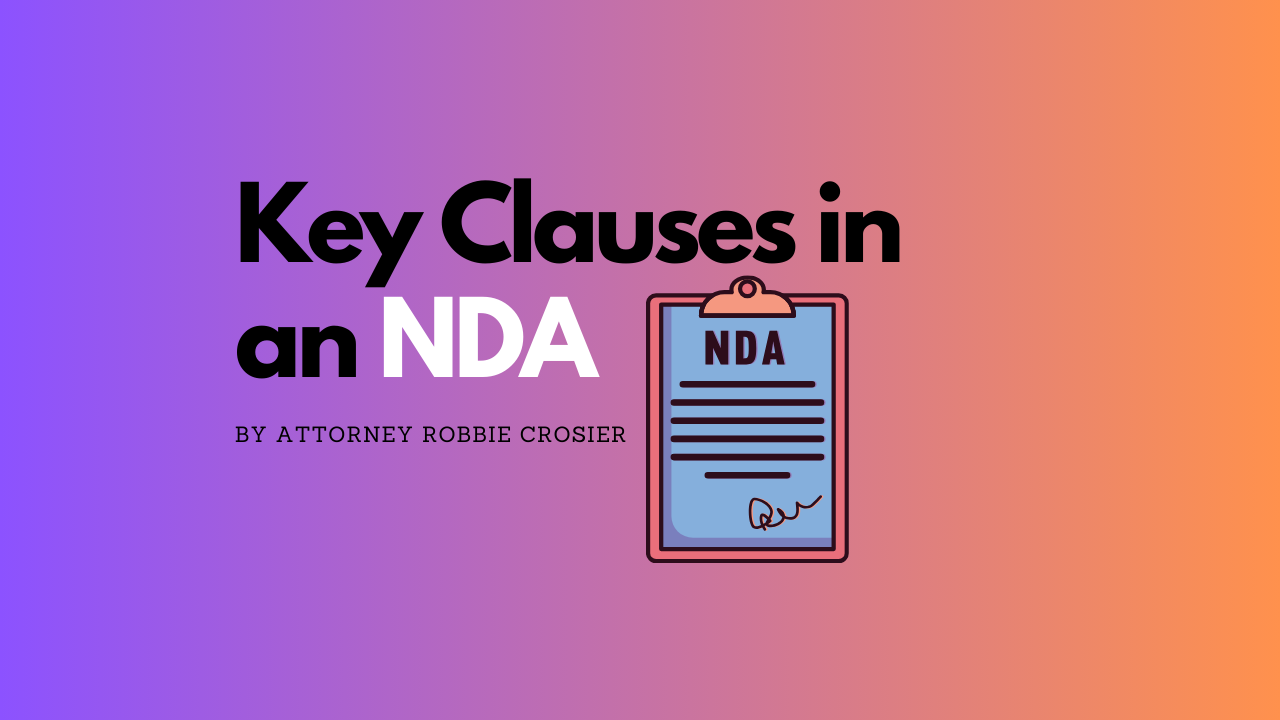Key Clauses in a Non-Disclosure Agreement (NDA)
Non-disclosure agreements (NDAs) serve as the cornerstone of many business interactions, protecting confidential information from unauthorized dissemination. While every NDA is unique, there are some key clauses that should not be overlooked. This article delves into those crucial components and how they shape the purpose and efficacy of the agreement.
Definition of Confidential Information
Arguably the most critical element of an NDA, this clause outlines what constitutes confidential information. Ambiguity here can lead to legal loopholes, so it's essential to define what is and isn't confidential as explicitly as possible.
Parties Involved
An NDA should specify who the disclosing and receiving parties are. This is particularly important when multiple entities or subsidiaries are involved.
Purpose of Disclosure
Defining why the confidential information is being shared can limit its use to that specific context, safeguarding the disclosing party from unintended usage.
Time Frame
The agreement should clearly state how long the confidential information must remain confidential. This could be a set period or may extend indefinitely.
Permitted Disclosures
Sometimes, the receiving party may need to disclose the information to employees or third parties. This clause can set parameters around such disclosures.
Obligations of the Receiving Party
This clause outlines the steps the receiving party must take to keep the information confidential, such as implementing security measures or restricting access.
Consequences of Breach
Clarifying the penalties for violating the NDA can act as a deterrent and offer the disclosing party some form of recourse.
Governing Law
The agreement should specify the jurisdiction under which it falls, which could be crucial in the event of a dispute.
Severability
If a portion of the NDA is found to be unenforceable, this clause ensures that the rest of the agreement remains in effect.
Amendments and Waivers
This clause allows for modifications to the agreement but generally stipulates that they must be in writing and signed by both parties.
Understanding these key clauses can empower you to draft or negotiate an NDA that offers robust protection. Here at the Crosier Law Firm, we specialize in contract drafting and review. Our experts can help ensure your NDAs are both comprehensive and tailored to your unique needs.
